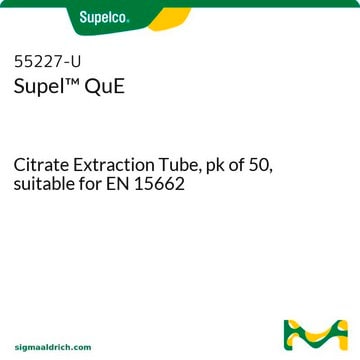ABS2090
Anti-ICDH
serum, from rabbit
Synonyme(s) :
Isocitrate dehydrogenase, ICDH (NADP), IDH
About This Item
Produits recommandés
Source biologique
rabbit
Niveau de qualité
Forme d'anticorps
serum
Type de produit anticorps
primary antibodies
Clone
polyclonal
Espèces réactives
E. coli, Legionella pneumophila
Conditionnement
antibody small pack of 25 μL
Technique(s)
western blot: suitable
Isotype
IgG
Numéro d'accès GenBank
Conditions d'expédition
ambient
Modification post-traductionnelle de la cible
unmodified
Description générale
Spécificité
Immunogène
Application
Signaling
Western Blotting Analysis: A representative lot detected ICDH in E. Coli cell lysate (Xu, L., et. al. (2010). PLoS Pathog. 6(3):e1000822; Lu, C., et. al. (2016). Sci Signal. 9(412):ra11).
Qualité
Western Blotting Analysis: A 1:10,000 dilution of this antibody detected ICDH in 20 µL E.Coli cell lysate.
Description de la cible
Forme physique
Stockage et stabilité
Autres remarques
Informations légales
Clause de non-responsabilité
Vous ne trouvez pas le bon produit ?
Essayez notre Outil de sélection de produits.
Code de la classe de stockage
12 - Non Combustible Liquids
Classe de danger pour l'eau (WGK)
WGK 1
Point d'éclair (°F)
Not applicable
Point d'éclair (°C)
Not applicable
Certificats d'analyse (COA)
Recherchez un Certificats d'analyse (COA) en saisissant le numéro de lot du produit. Les numéros de lot figurent sur l'étiquette du produit après les mots "Lot" ou "Batch".
Déjà en possession de ce produit ?
Retrouvez la documentation relative aux produits que vous avez récemment achetés dans la Bibliothèque de documents.
Notre équipe de scientifiques dispose d'une expérience dans tous les secteurs de la recherche, notamment en sciences de la vie, science des matériaux, synthèse chimique, chromatographie, analyse et dans de nombreux autres domaines..
Contacter notre Service technique







